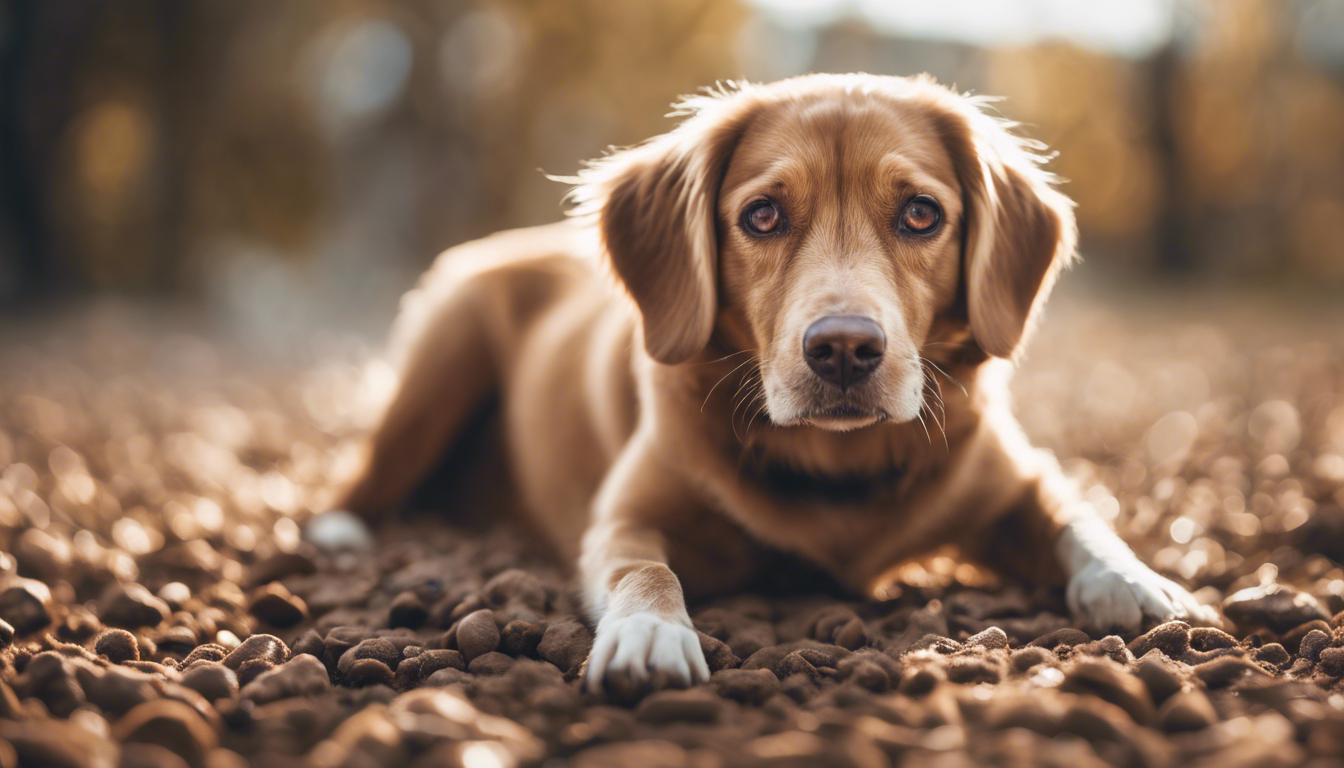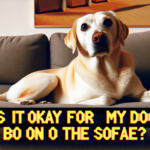Contents
Understanding Coprophagia in Dogs
First and foremost, we need to establish what coprophagia is. This term might sound complicated, but its meaning is rather straight-forward: it is the scientific term for dogs eating feces. It can be a distasteful and confusing behavior for most pet owners, and understanding why dogs perform this act might help in its management.
Potential Reasons for Dogs Eating Poop
There are multiple theories as to why dogs eat poop, and it often depends on each individual dogs’ circumstance. The reasons include:
- Nutrient Deficiency: Your dog might be suffering from a deficiency in their diet and seek out feces as a supplementary food source.
- Parasitic Infections: Parasites can make your pet feel excessively hungry, causing them to eat feces.
- Behavioral Issues: Stress, anxiety, or a need for attention might also lead to this behavior.
- Health Issues: Certain health problems like diabetes or thyroid issues could make dogs turn to feces as a food source.
Is Coprophagia Harmful to my Dog?
Seeing your dog eat feces might be unpleasant, but is it actually harmful? The risks connected with dogs eating poop are typically tied to the potential pathogens present in feces. This is especially true if your dog is eating feces from unknown sources, such as wildlife or stray animals. Veterinarians recommend discouraging this behavior to prevent the potential transmission of harmful pathogens.
How to Discourage Your Dog from Eating Poop
- Diet review: Review your dog’s diet with your veterinarian to ensure it is balanced and fulfilling all your pet’s nutritional needs.
- Treat underlying medical problems: Health issues can often lead to coprophagia. Once these problems are diagnosed and treated, this behavior might naturally cease.
- Proper training: Training activities and supervision during walks can prevent your dog from indulging in eating feces.
- Environmental management: Regular cleaning of your pet’s environment can help prevent them from eating their poop.
FAQs about Coprophagia
1. Can coprophagia be harmful to humans?
Yes, if your pet has contracted any viruses, parasites, or bacteria from eating poop, they can potentially pass it on to humans, particularly if hygiene rules are neglected.
2. Does coprophagia indicate a psychological issue in dogs?
Not always. While stress and anxiety might lead to this behavior, it’s equally likely to be caused by dietary deficiencies or other health issues.
3. Should I be worried if my puppy is displaying coprophagia?
Puppies are known for their exploratory behavior, which can include trying to eat poop. However, if the behavior continues on as they age, it might be worth consulting a veterinarian.
Remember, if you’re worried about your pet’s behavior or health, the best course of action is always to consult a professional veterinarian. They can provide guidance and assistance tailored specifically to your pet’s needs.





